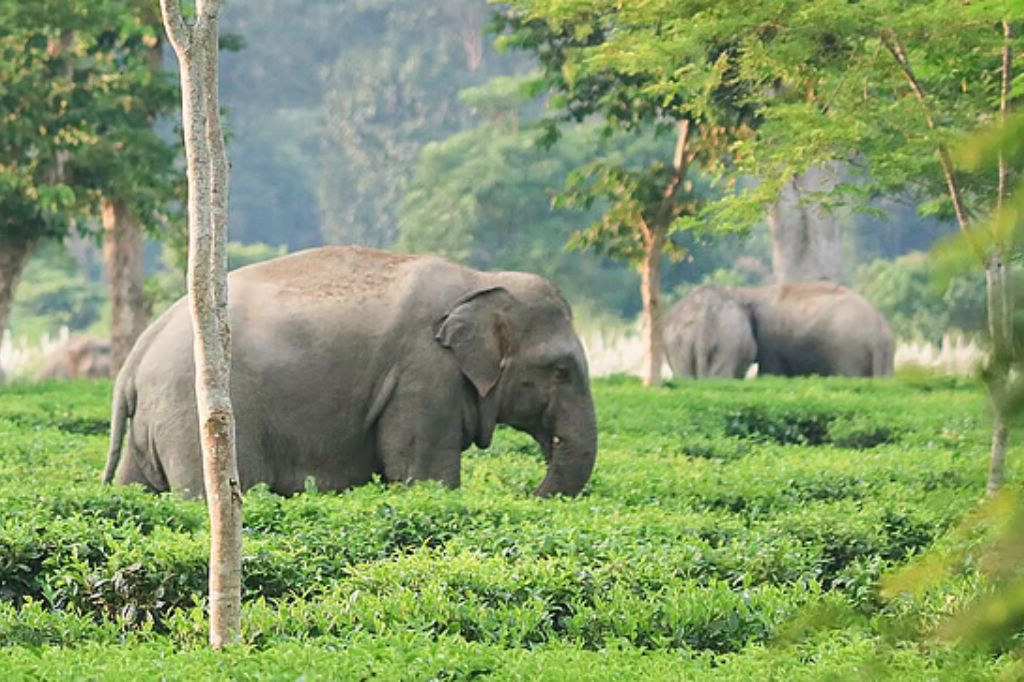The Assam Cabinet has approved the ‘Gajah Mitra’ scheme to address the growing issue of human-elephant conflict in the state. The initiative will focus on 80 high-risk areas by creating sustainable food habitats for elephants through the plantation of bamboo and Napier grass, both key components of their diet. Rapid response teams will also be deployed to help local communities safely divert elephant herds away from human settlements using non-lethal methods.
According to a recent Wildlife Institute of India (WII) report, between 2000 and 2023, Assam recorded 1,401 human deaths and 1,209 elephant fatalities due to conflict. More than half of the elephant deaths—626 cases—were linked to human activities, including electrocution from illegal or unsafe electric fencing. The most affected districts include Nagaon, Sonitpur, Dhanasiri, and Karbi Anglong East, with Goalpara reporting the highest number of impacted villages.
Chief Minister Himanta Biswa Sarma called the situation “out of control” and emphasized the importance of peaceful coexistence. The scheme reflects a broader shift towards humane and sustainable solutions, aiming to protect both human lives and Assam’s wild elephant population amid shrinking habitats and disrupted migration corridors.







